

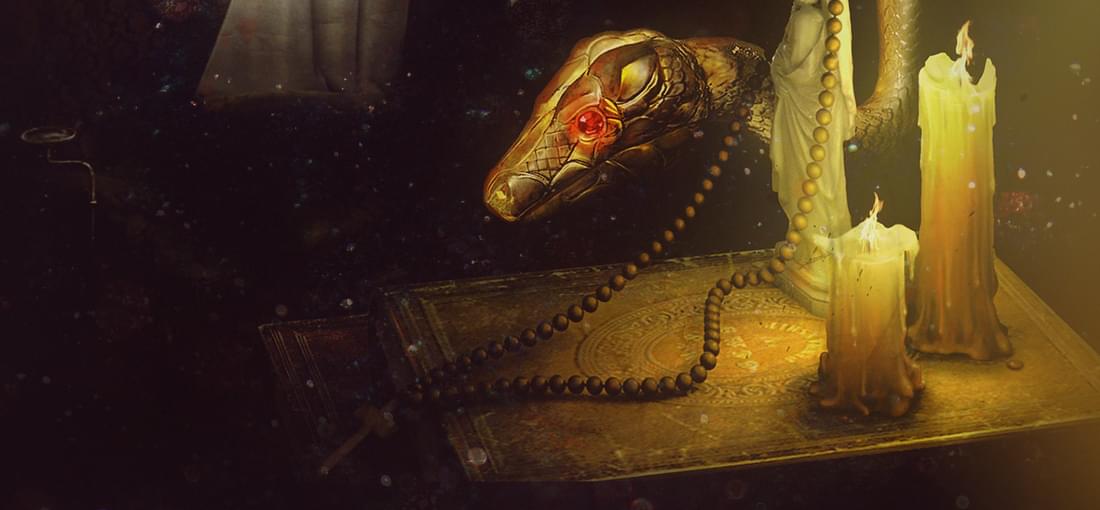
I've played both this one and the original. If you like modern adventure games that have no "dead-man walking" situations, item hotspots and hand holding, this is the one for you. The original was significantly harder in the old Sierra way. Graphically this one has the more high definition comic book style, but misses the creepy atmosphere of the original. This game is also very buggy. Nothing game-breaking, but more hilarious graphical bugs and people appearing that should not be there. So it is up to you. If you're an old school adventure player, you will love the original (which is also available here on GOG). If you just want to play it for the story or cannot get over the less refined playstyle of older games, you should play this one.
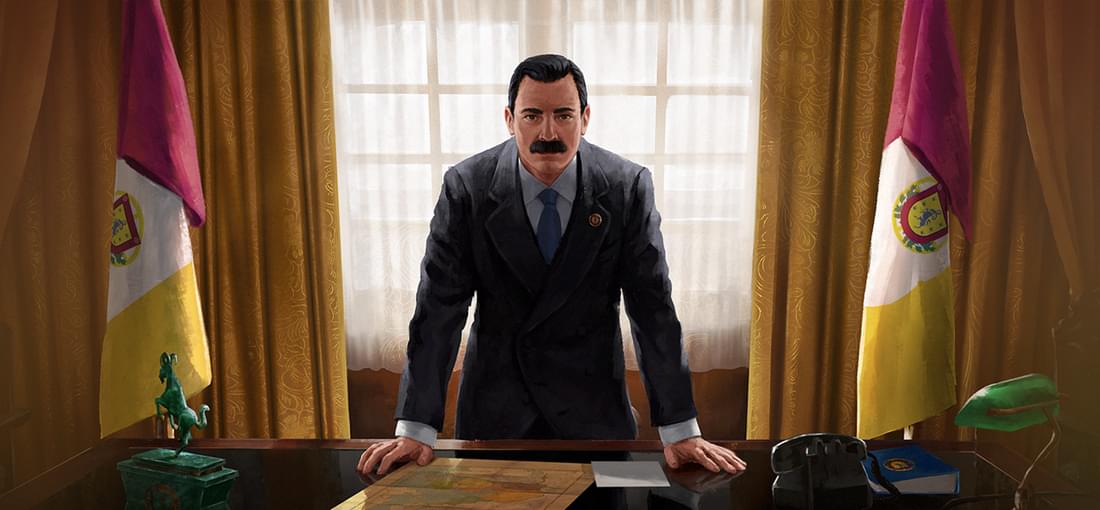
I love political simulators, like "Hidden Agenda" and "Shadow President". I read somewhere that "Suzerian" is a modern successor of these games, so enthousiastically I bought. The "character creation" did a good job in world creation and I was only more enthousiastic when the map appeared with shiny buttons to press. Quickly I wanted to have an overview of the budget, create alliances and check what else I could manipulate. I clicked everywhere and found no such thing. Then I saw you can only click on events and select an answer after some discussions. Then it hit me hard..... this is not a political simulator, this is a visual novel, but instead of dating jailbait or a catgirl you play president. What a disappointment! Walls of text are fine by me, but the passive, reactive gameplay gets to me. You cannot initiate anything yourself, you just have to follow the story that is set in stone. Is it a good visual novel? The writing seems competent and you choices do have different outcomes. There is only one savegame, but I just backed it up in case something went wrong. And boy are there some weird reactions from the characters. One minister was saying how proud she was and all that. A second later, she called me power hungry despot and resigned. Why? Did I take two sugar scoops in my coffee instead of one? There was no decision in between that would allow such a shift in attitude. PMS maybe? Now I think of it; there is no likelable female character in this game, so I understand why they have fewer rights in this fictional country. At the end I had my economy maxed out, all ministers where happy and people danced in the street, until there is a hard-coded event, that causes the voter group with the lowest happiness to openly revolt. The result is that in 2 events, my economy was at the lowest level and everybody said what a loser I am. Nice. In short: "Suzerain" is a visual novel, not a political simulaton or strategy game. I think it is worth only one playthrough.
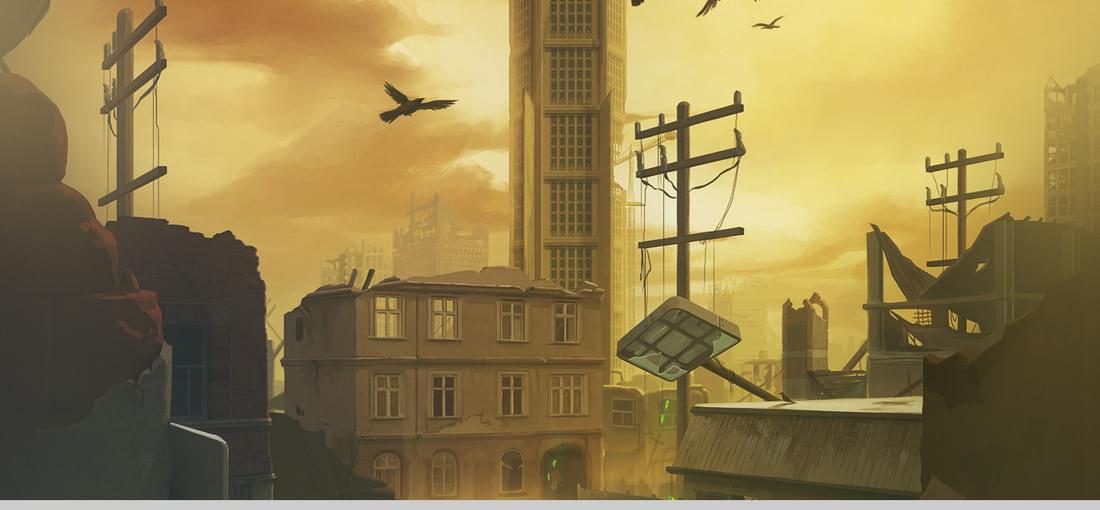
As with many Wadjet Eye games, "Shardlight" is a streamlined adventure game that has clearly built on the struggles and technical limitations that bogged down older adventure games to produce a very easy game experience. The interface is simple and intuitive. The backgrounds are rich and well-suited for the world context. The ambient noise and soundtrack are subtle but very effective in creating atmosphere, and the voice acting is generally believeable and well-delivered. There is nothing really *wrong* with this game, but... The puzzles are extremely easy, and as other reviewers have noted, sometimes the difficulty comes in having many obvious solutions to a puzzle yet being constrained in finding the one object that is meant to be used to solve a puzzle. You often know what needs to be done, and the solution is straight-forward, yet the game creators allow only one solution. The lack of options and the ease of the puzzles don't lend a very satisfying puzzle experience. Because of how few meaningful choices you can make throughout the game and the illusion of choice in the dialogue menus, in the end the game feels more like an interactive story than a real adventure game. The world building also needed some refinement. I know all games (especially those set in fundamentally different worlds) require suspension of disbelief, but I just couldn't do so enough to really feel immersed in the game. The internal logic of the post-apocalyptic world didn't seem fully coherent. Why after 20-some years after a disaster would people not have arrived at some viable livelihood choices and still rely on scavenging? (It's so strange that after 20 years, there are still products in a bombed out supermarket...). The plot is also ham fisted at times, with obvious parallels to historical events and evils--this is not a subtle game. As an adventure game enthusiast, this is absolutely worth your time. But don't expect too much of a challenge.
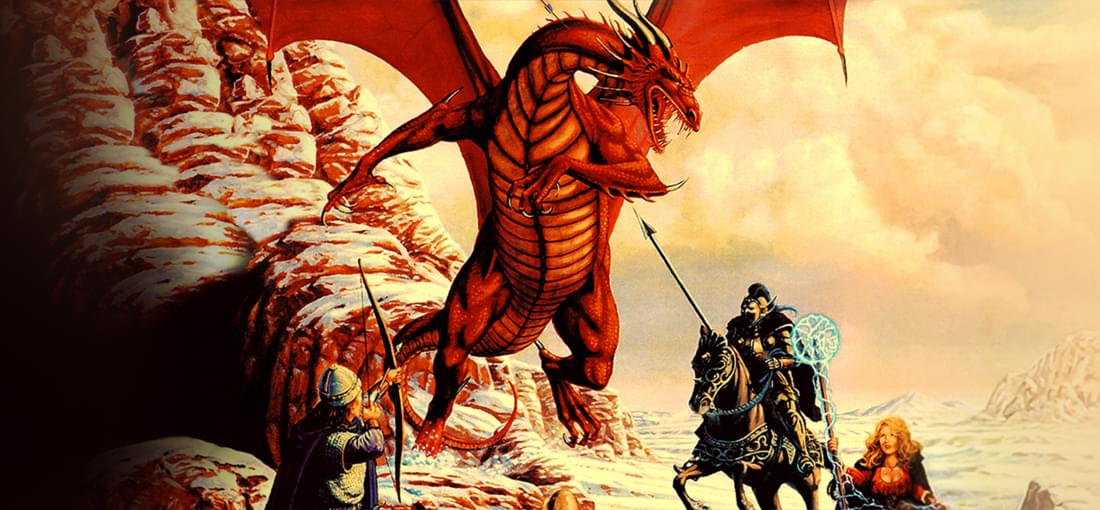
Might and Magic 8 is the first in the series I've ever played and is very similar to M&M 6 and M&M 7 both graphically and gameplay wise. Just like those games the beginning of every adventure is very difficult and at some point after class and skill upgrades tips over to the easy side. M&M 8 is unique in the way that you start off with only one character. Your team mates you can pick up during the quest and switch out if needed. The class/race system is fully removed, but in return you get awesome character choices, like dragons, minotaurs and vampires (back when they were cool). I cannot recall the story (I played it 10 years ago), but the upgrade quests are excellent. I can distinctly recall the quest where you had to retrieve the Lich jar to upgrade your Necromancers to Liches. Good times. :) If you like RPG's and grand adventures, this deserves your attention.
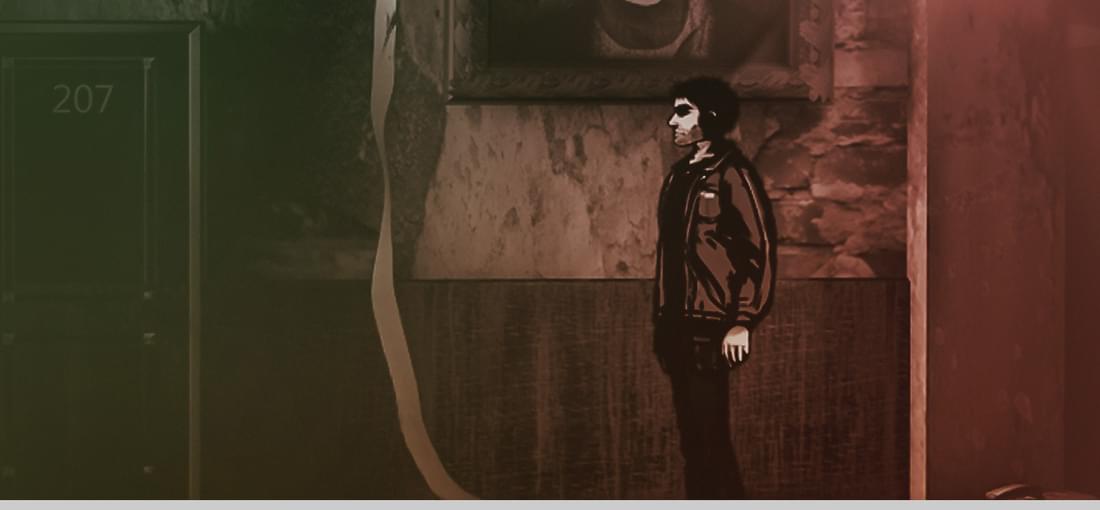
"Downfall: Redux" is an adventure game that functions more like a visual novel in the sense that puzzles are extremely linear and easy, and the emphasis is on story and characters. There are few puzzles that require multiple actions, and it is often just a matter of finding an object that solves a task. While this is the core of adventure games, it felt unfulfilling in Downfall because it was too obvious (often the description of an object already told you what function it should have to a puzzle). Given it's emphasis on story and characters at the expense of real gameplay, Downfall: Redux relied heavily on the voice acting, music, and visuals to create a unique atmosphere. While that atmosphere was often compelling, I found the story a little flat and melodramatic. The story was very predictable until it was completely off the rails and unfollowable. Because the game was so character-focused, I found it difficult to enjoy at times because many characters are generally not very likable or relatable (which I understand may be on purpose given the plot, but still...). As other users have noted, the music is the real standout, as it crafts the atmosphere as much as the visuals do. The game has a serious and complex topic, and it is entertaining, as you really do want to see what comes next. With that said, it's not really "fun", and when you're done, you definitely don't have a "tee-hee, that was fun!"feeling.
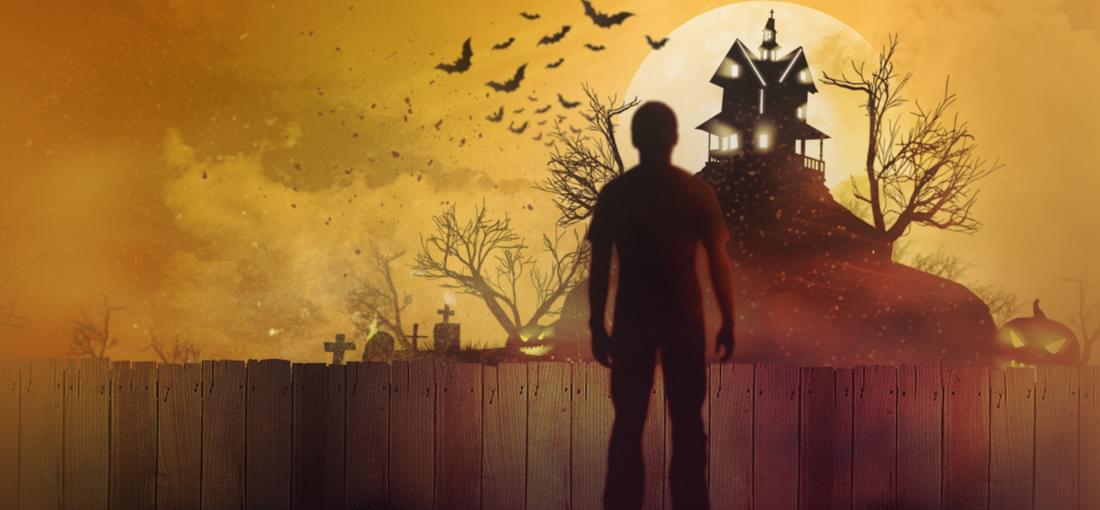
The three-part Hugo series has the simple charm of early adventure games. The games and their puzzles are, for the most part, fair, easy-to-access, and not head breaking. There are exceptions. In each of the games, there are small puzzles that make you doubt if you have made a correct choice or found the right items, particularly because you can face dead ends. Part 3 has a particularly peculiar puzzle toward the very end that... frankly, is just cheap. There are not even pixels to hunt, you just have to know a previously-unidentified background element is now interactable. Of the three games, the third is by far the quickest and cheapest--it is very easy, predictable, and feels rushed. The first two games are more complicated and have more elements, and the second game in particular has many areas and small puzzles. For those of you who've played the original: the GOG version has two additions. There is added music (which sticks in your head because a few tracks play on endless loops) and mouse support. The mouse support may feel like cheating because it makes the game significantly easier. The series is enjoyable, but it's not one that I'll personally recount as exceptional. It was cute, has a strong indie vibe, and is just nostalgic. I would recommend it for a quick play, but don't expect a triple-A title.
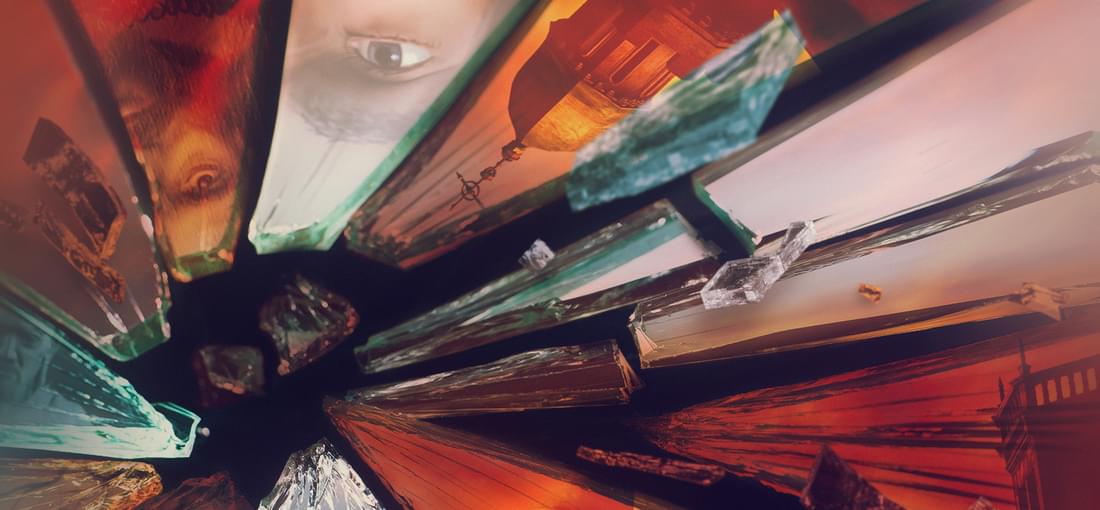
'Black Mirror' is entertaining enough, with beautiful, atmospheric settings and a story that is exciting and satisfying. Its merits are difficult to enjoy given the sometimes repetitive gameplay. The game is heavily reliant on items and environmental interactions. The challenge is that items or actions that make complete sense cannot be done until you've somehow triggered them, meaning that much of the game is spent going back to previous locations to try to interact with an object that is suddenly usable. Ah, and the waiting quests! There are a few "puzzles" that basically just require waiting, wandering back and forth between screens until the next action is triggered. There are many bits of information and backstory tucked into the game that are never answered or addressed again (e.g., Samuel's wife?), and the twist at the end is so obvious early in the game yet completely underwhelming in execution. The length and periodically genuinely challenging and fun puzzles make the last two chapters of the game feel lazy and rushed. The game had great potential, especially as it managed to use nuance to create a mysterious and creepy atmosphere, which is honestly pretty rare for even "horror"adventure games. Overall: as another reviewer said "this is no masterpiece". I enjoyed playing it and would recommend it to even inexperienced adventure game players, as it is accessible qua controls, the story pacing is excellent, and there is limited moon logic.
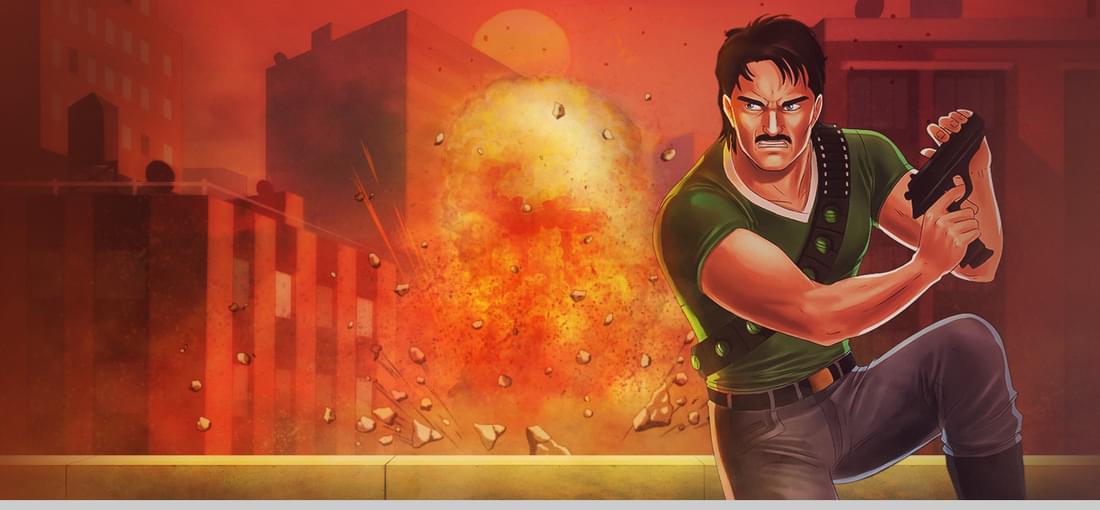
I loved this game as a teenager, but looking back at it now it leaves something to be desired. The atmosphere is great - a cheesy platformer with a 90's action hero. A lot of bloody scenes with the cartoon-like monsters. The controls are typical of the time. They suffice, but do not live up to todays expectation. The worst part is the steep difficulty curve over episodes. Episode 3 has levels that you can set in an unwinnable state. This is due to the fact that all level elements do not respawn after death. Like platforms that disintegrate only exist once - die after using one and you can never get back! Only play this one out of nostalgia or if you like similar games of the era and know what to expect. Personally I only find episode one enjoyable - lots of variation and it shows all the features of the game.
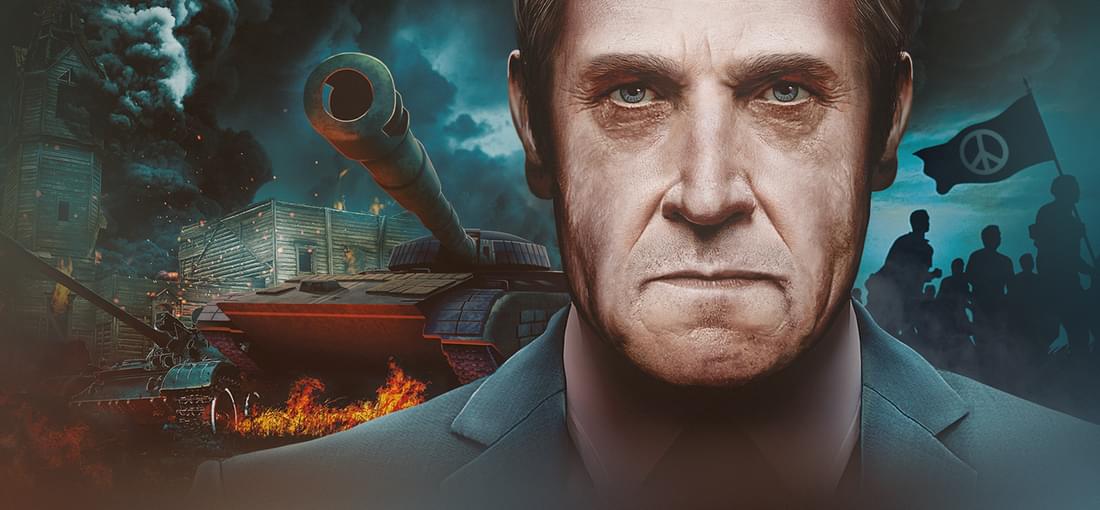
Realpolitiks has great ideas and potential, but fails in pretty much anything it tries. If you are used to the Paradox games, do not even try this one. I will try to summarize the problems it has, so you can decide if you want to give it a go anyway. The war system does not make any sense. You and your enemy choose a strategy that your troops should be doing, so no real troop deploymeny. It does not follow logical sense; like if the enemy plays "Take vital cities", how is "Cut supply lines" not the best option, but results in instant defeat? The best thing is to save scum and select what the developers thought was best. The whole policy tree is broken. Policies can be bought and maintained by gold and action points (economic power). The maintenance is based on your population and your GDP; the higher these are, the more expensive policies are. This means that over time your nation becomes weaker over time (if you think you play well). I played a medium sized nation, became #1 in ranking and in 2090 I lost so many action points per month that I couldn't do anything anymore because of my extremely high GDP and slightly bigger popultation. I removed policies to reduce maintenance, but even when everything was removed, I had a net loss. I was just literally waiting until the game timer ran out. Fun, right? The constant attack by rebels. Imagine a peaceful country that is not expanding... Why would hordes of terrorists (that have the same size or bigger armies than yourself) be constantly attacking your country? How is this realistic? And my biggest complain in the end is that the game is way too easy. In my first playthrough I choose a relatively mediocre nation and won. I won pretty much all space races and events, resulting in the highest score. I never broke a sweat. Is this game easy, or am I that good? All in all; this game is broken. The policy tree is neat and the events are interesting, but the game in it's current state is just not done. I had high hopes.
The Colonel's Bequest is very different from other Sierra adventures. Even though the interface is similar to it's contemporary Sierra games, it is played in a different way. First of all your goal is not to "open more screens", which often is the case in other Sierra games; the world is pretty much open from the start. Next to that the game is still linear, but it depends on where you are when time progresses what information cues you get. Getting this information is essence of the game. The whole story can unfold without you ever knowing what really happened. When finishing the game you are scored by how much you know about the characters, their backstories and their motives. The first time I played it back in the day, I loved it very much so for how unique it was. The game is not without its flaws. Even though the information retrieval is the most important, you can never check what notes you took. There is also not enough feedback on when you notice something happening. One of the cues you get is that items move inside the house. Looking at these items will indicate that you notice they have moved, but it does not give you a signal that it was a good action to perform. The other complaint I have is that the world is pretty big. Most time (especially in the end, when there are very few characters left) you are just wandering around, hoping to progress time and end the game. This is not fun to do but unavoidable in this game play. If you like mysteries, detective or adventure games, this is the game for you. It is way better than it's sequel, and when playing it alone in the dark it can actually be frighting at times because of random weird death scenes and the total lack of music. The atmosphere of the game is great--in part because it taps into a setting and era that is woefully underused in adventure games. This game is worth every last cent.